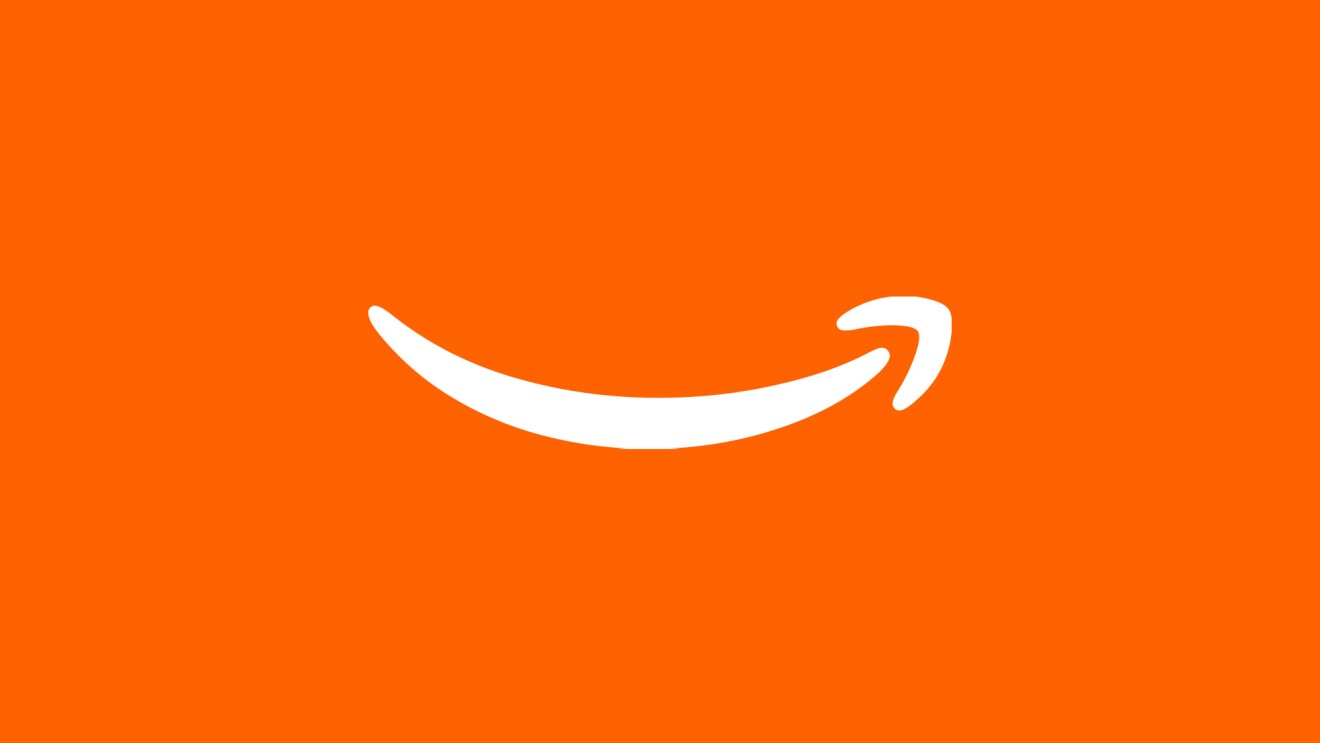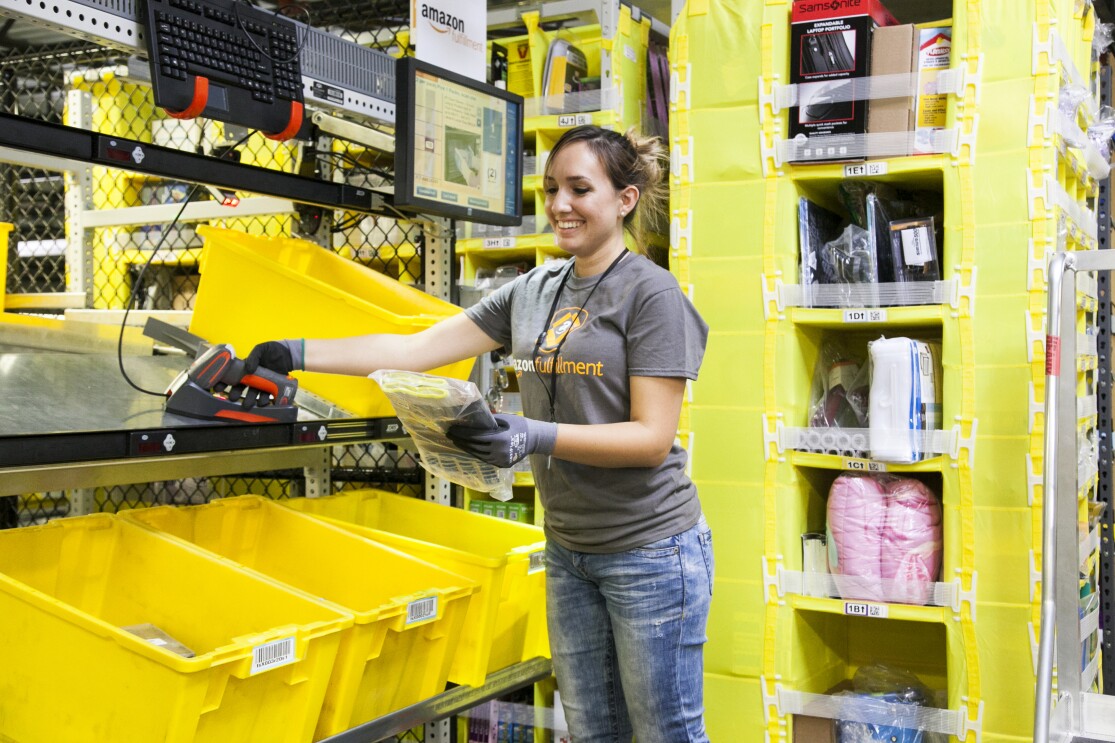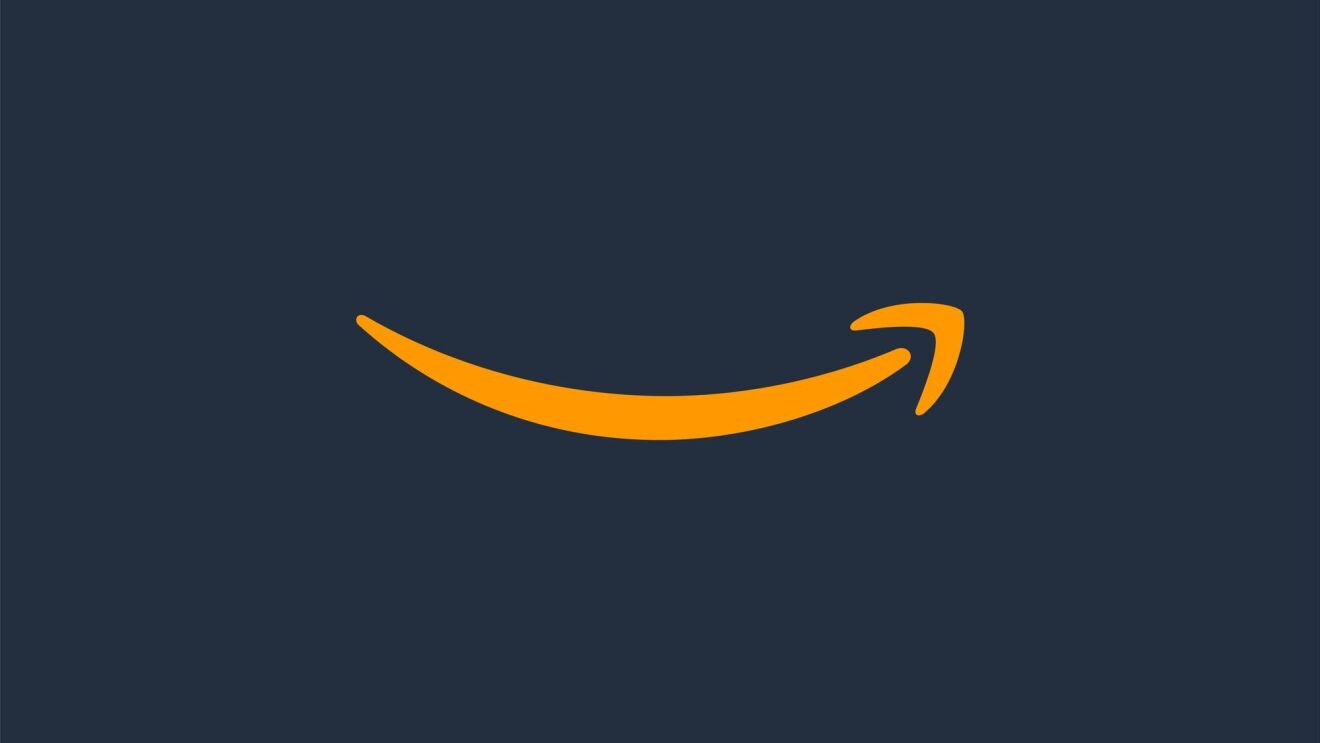Amazon works hard to develop and hire the world’s best computer scientists to innovate on behalf of our customers. In the U.S. alone, we employ thousands of individuals working in software developer roles and are seeking to bring on additional talent this year. We are proud of the work Amazon’s software developers do every day to make life better for our customers. Moreover, we’re grateful that the U.S. education system produces some of the world’s brightest computer scientists.
There are two notable challenges, however. First, the U.S. isn’t producing nearly enough students trained in computer science to meet the future demands of the American workforce. Employment in computer and information technology is projected to grow 11% from 2019 to 2029, “much faster than the average for all occupations,” and add about 531,200 new jobs, according to the Bureau of Labor Statistics.
Yet only 47% of public high schools currently offer computer science courses, leaving many students without the chance to develop in-demand skills. The lack of computer science education slows the pace of innovation, prevents our economy from operating at its full potential, and deprives individuals of lucrative career opportunities.
The second challenge is just as problematic: The pool of candidates trained in computer science is not sufficiently diverse. Black students and female students are significantly underrepresented, accounting for only 6% and 31%, respectively, of high school students taking the Advanced Placement (AP) computer science exam. This example underscores a diversity crisis in the field. Amazon leaders know that our business goals are best reached when our employees represent the diversity of our customers.
To help increase diversity in the computer science industry, we created Amazon Future Engineer. The program is designed to inspire and educate millions of students globally from underresourced communities to pursue computer science—from childhood into their careers. Students learn through school curriculum and project-based learning, using code to make music, program robots, and solve problems.
Amazon Future Engineer awards 100 students each year with four-year, $40,000 scholarships and paid internships at Amazon. The program also celebrates teachers with professional development and $25,000 Teacher of the Year awards. This year, we have a goal to reach 1.6 million students from historically underrepresented groups globally through Amazon Future Engineer, using virtual and hands-on projects inspired by real-world computer science.
Amazon’s contributions are a small piece of the puzzle. The U.S. needs a concerted, comprehensive effort aimed at increasing the number and diversity of students trained in computer science. That’s why we are actively supporting policies at the federal and state levels to help solve both critical problems.
We are aligned with President Joe Biden’s call for increased access to computer science, especially for underrepresented students. We endorse Representative Barbara Lee’s federal legislation, the Computer Science for All Act, which would invest $250 million in K-12 classroom computer science education. The bill aims to close the enrollment and achievement gaps for students from historically underrepresented and underresourced communities. We also support the Teach CS Act, which would provide training for educators who teach computer science and provide scholarships for individuals from underrepresented groups. The bipartisan legislation’s lead sponsors are Senator Jacky Rosen and Representative Derek Kilmer.
At the state level, we work closely with Code.org, a nonprofit committed to providing computer science training at every school in the U.S. We are currently advocating for legislation in several states to give all high school students access to a computer science course. We also support legislation that dedicates funding to professional learning programs to prepare teachers from diverse backgrounds to teach K–12 computer science. We recently helped pass a bill that increases access to four-year computer science degrees at community and technical colleges, and we continue to work with CodeVA to bring computer science training and curriculum to every high-needs school in Virginia.
Amazon is committed to diversifying the field and increasing accessibility to computer science education. We look forward to working with policymakers to meet these objectives, but the effort requires Congress and state legislatures to appropriate significant funds to ensure that all students—and their teachers—have access to computer science education and training.
Even more critical is that policymakers ensure that resources are directed toward historically underrepresented groups, so that the benefits of computer science education are broadly enjoyed. Taking these steps now will open new doors of opportunity, enhance the country’s competitiveness, and create a much-needed pipeline of talent that will carry us into the future.
Trending news and stories








